Unveiling The Path To A Biochemistry Career: A Comprehensive Guide To The ASU Biochemistry Major Map
Unveiling the Path to a Biochemistry Career: A Comprehensive Guide to the ASU Biochemistry Major Map
Related Articles: Unveiling the Path to a Biochemistry Career: A Comprehensive Guide to the ASU Biochemistry Major Map
Introduction
In this auspicious occasion, we are delighted to delve into the intriguing topic related to Unveiling the Path to a Biochemistry Career: A Comprehensive Guide to the ASU Biochemistry Major Map. Let’s weave interesting information and offer fresh perspectives to the readers.
Table of Content
Unveiling the Path to a Biochemistry Career: A Comprehensive Guide to the ASU Biochemistry Major Map
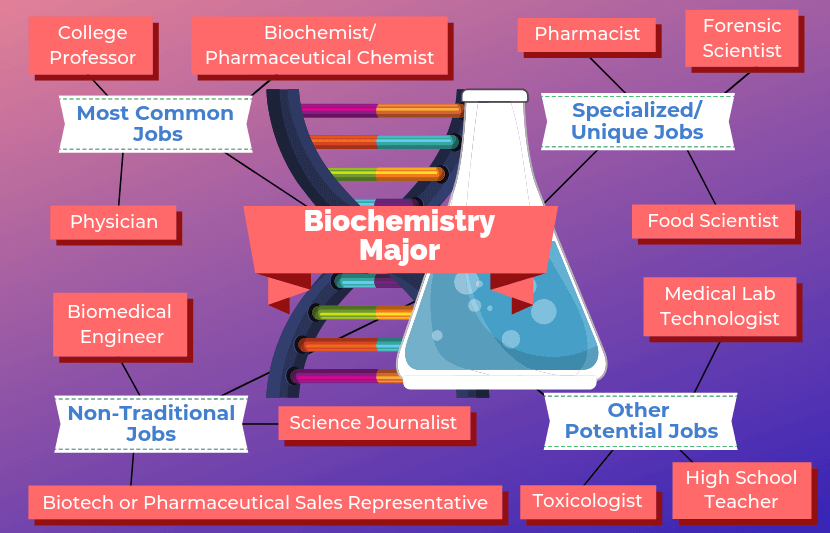
The field of biochemistry, a captivating blend of biology and chemistry, delves into the intricate workings of living organisms at the molecular level. For aspiring scientists eager to unravel the secrets of life, the Arizona State University (ASU) Biochemistry Major Map serves as a comprehensive roadmap, guiding students towards a rewarding career in this dynamic field. This guide provides an in-depth exploration of the ASU Biochemistry Major Map, its significance, and the multifaceted opportunities it unlocks.
Understanding the ASU Biochemistry Major Map: A Blueprint for Success
The ASU Biochemistry Major Map is not merely a list of courses; it’s a meticulously designed framework that outlines the essential knowledge and skills required for a successful biochemistry career. It provides a clear pathway for students to acquire a strong foundation in core biochemistry principles, develop critical thinking and problem-solving abilities, and gain hands-on research experience.
Key Components of the ASU Biochemistry Major Map:
- Core Curriculum: The map encompasses a robust foundation in fundamental sciences, including biology, chemistry, physics, and mathematics. These courses provide the essential building blocks for understanding complex biochemical processes.
- Biochemistry Specialization: Students delve deeper into the intricacies of biochemistry through specialized courses covering topics such as enzyme kinetics, metabolic pathways, protein structure and function, and molecular genetics.
- Research Opportunities: The ASU Biochemistry Major Map emphasizes hands-on research experience. Students have access to cutting-edge laboratories and opportunities to collaborate with renowned faculty, fostering a research-driven learning environment.
- Elective Courses: The map allows for flexibility, enabling students to tailor their education to their interests by choosing elective courses in areas such as bioinformatics, biotechnology, or biophysics.
- Career Development: The map includes guidance on career paths, internship opportunities, and professional development resources, preparing students for a successful transition into the workforce.
Benefits of Pursuing a Biochemistry Major at ASU:
- World-Class Faculty: ASU boasts a renowned faculty of biochemistry experts who are actively engaged in cutting-edge research. Students benefit from their mentorship, guidance, and access to their groundbreaking discoveries.
- State-of-the-Art Facilities: ASU’s biochemistry laboratories are equipped with advanced instrumentation and technology, providing students with hands-on experience using cutting-edge techniques.
- Interdisciplinary Collaboration: The biochemistry program encourages collaboration with other departments, including biology, chemistry, and engineering, fostering a holistic and interdisciplinary approach to scientific inquiry.
- Research Opportunities: ASU offers abundant research opportunities, allowing students to contribute to ongoing projects, gain valuable experience, and potentially co-author publications.
- Career Pathways: A biochemistry degree opens doors to a wide range of career paths, including research scientist, pharmaceutical development, biotechnology, and academia.
Exploring the Diverse Career Options for Biochemistry Graduates:
A biochemistry degree is a versatile credential, paving the way for diverse and rewarding career paths:
- Research Scientist: Biochemists play a pivotal role in research laboratories, conducting experiments, analyzing data, and contributing to the advancement of scientific knowledge.
- Pharmaceutical Development: Biochemists are essential in the development and testing of new drugs, working to understand drug mechanisms, optimize formulations, and ensure safety and efficacy.
- Biotechnology: The biotechnology industry relies heavily on biochemists to develop and apply biological processes for various applications, including genetic engineering, biofuel production, and medical diagnostics.
- Academia: Biochemists can pursue careers in academia, teaching, mentoring, and conducting research at universities and colleges.
- Government Agencies: Biochemists are employed by government agencies such as the National Institutes of Health (NIH), the Environmental Protection Agency (EPA), and the Food and Drug Administration (FDA), contributing to public health and environmental protection.
Frequently Asked Questions about the ASU Biochemistry Major Map:
Q: What are the admission requirements for the ASU Biochemistry major?
A: Admission requirements typically include a strong academic record, particularly in science and mathematics courses. Students may also need to submit standardized test scores, such as the SAT or ACT.
Q: What are the career prospects for biochemistry graduates?
A: A biochemistry degree opens doors to a wide range of career options, including research, pharmaceutical development, biotechnology, academia, and government agencies.
Q: How can I gain research experience as a biochemistry student at ASU?
A: ASU offers numerous research opportunities, including undergraduate research programs, faculty-mentored projects, and internship programs.
Q: What are the key skills that I will develop as a biochemistry major?
A: The ASU Biochemistry Major Map emphasizes critical thinking, problem-solving, data analysis, scientific communication, and laboratory techniques.
Q: What are the potential salary ranges for biochemistry graduates?
A: Salary ranges vary depending on the specific career path and experience level. However, biochemistry graduates are highly sought after in various industries and typically earn competitive salaries.
Tips for Success in the ASU Biochemistry Major:
- Build a Strong Foundation: Focus on mastering fundamental science courses, including biology, chemistry, and physics.
- Seek Mentorship: Connect with faculty members and research mentors who can provide guidance and support.
- Engage in Research: Actively seek opportunities to participate in research projects, gaining hands-on experience and contributing to scientific discovery.
- Develop Your Skills: Enhance your critical thinking, problem-solving, and communication skills through coursework, research, and extracurricular activities.
- Network with Professionals: Attend conferences, workshops, and career fairs to connect with industry professionals and learn about potential career paths.
Conclusion:
The ASU Biochemistry Major Map is a comprehensive and dynamic roadmap that equips students with the knowledge, skills, and experience necessary for a successful career in this exciting field. By providing a strong foundation in core biochemistry principles, fostering research opportunities, and emphasizing career development, the map empowers students to make a meaningful contribution to the advancement of scientific knowledge and the betterment of society.


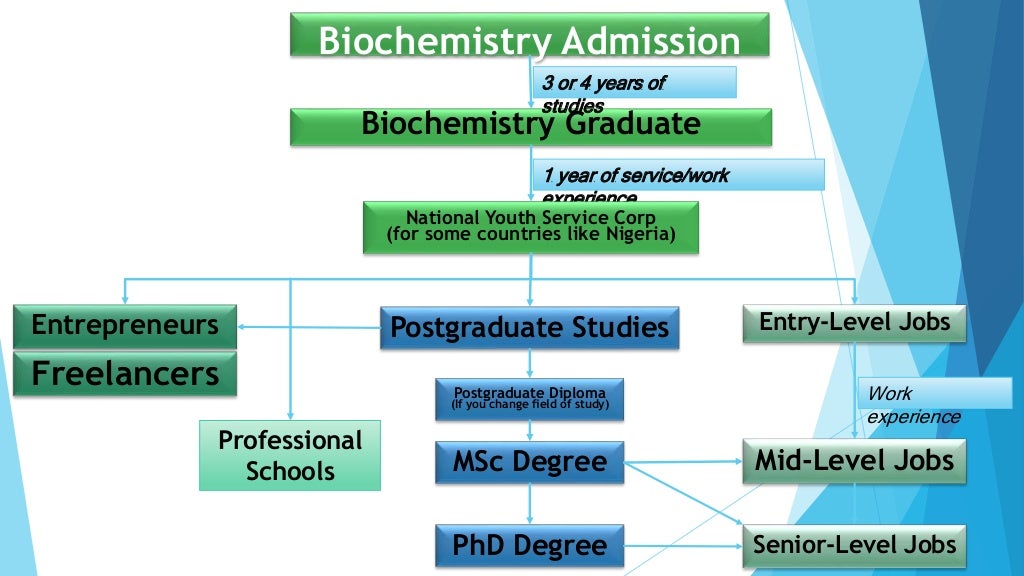


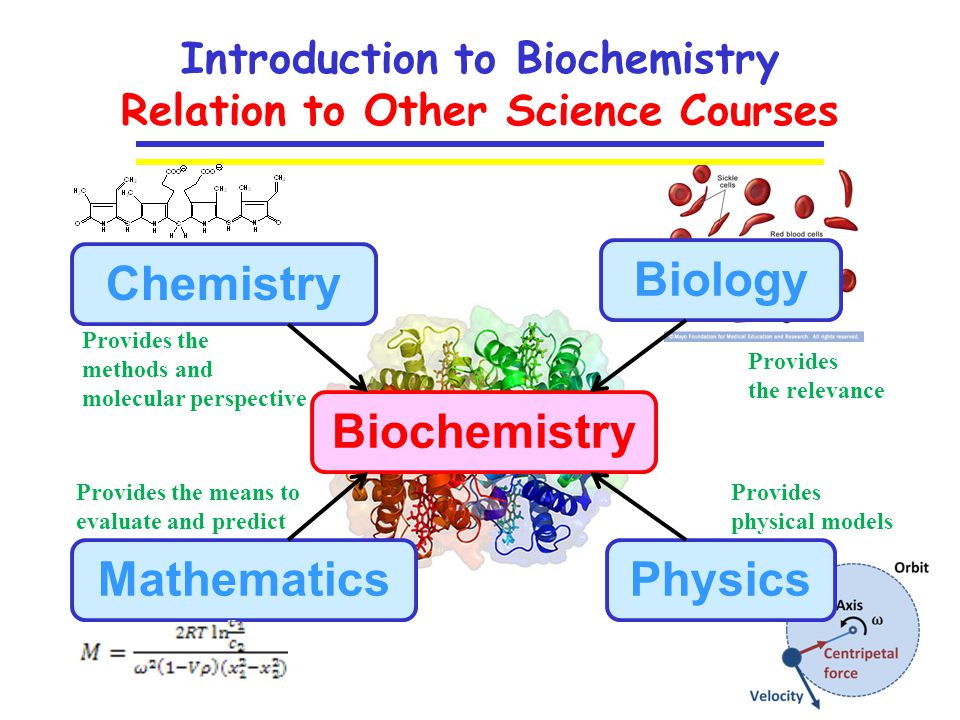
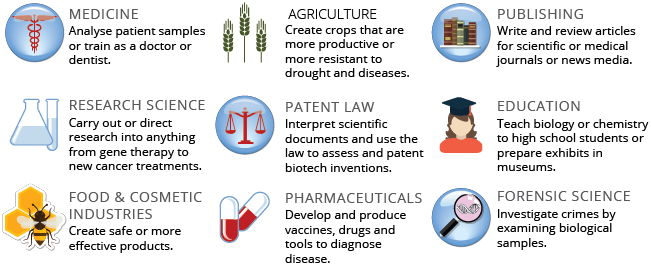
Closure
Thus, we hope this article has provided valuable insights into Unveiling the Path to a Biochemistry Career: A Comprehensive Guide to the ASU Biochemistry Major Map. We hope you find this article informative and beneficial. See you in our next article!